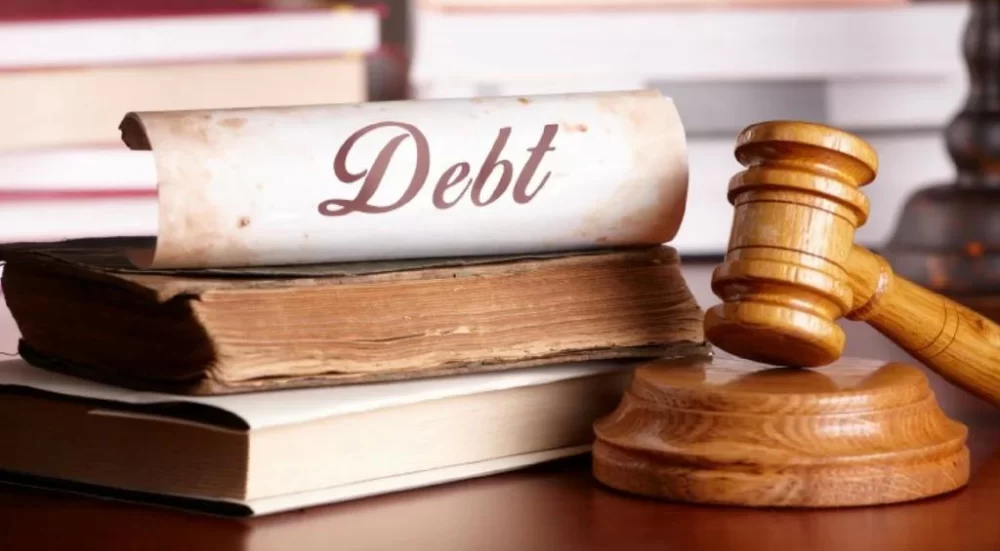- 1-Understanding-Legal-Debt-Collection
- 2-Initial-Steps-In-Collecting-Debt
- 3-Formal-Legal-Process-For-Debt-Recovery
- 4-Common-Challenges-And-Solutions
- 5-Real-Life-Case-Examples
- 6-When-To-Seek-Professional-Legal-Help
1. Understanding Legal Debt Collection
Knowing how to legally collect a debt is crucial for anyone facing unpaid dues. Legal debt collection involves following laws and regulations designed to protect both creditors and debtors. This process ensures debts are recovered fairly and without harassment or illegal tactics.
Understanding your rights and responsibilities is the first step toward effective and lawful debt recovery.
1.1 Importance of Compliance
Adhering to debt collection laws prevents legal repercussions and maintains professional integrity during the collection process.
2. Initial Steps in Collecting Debt
Start by communicating with the debtor through polite reminders and negotiation. Sending formal demand letters and documenting all communication helps establish your intent and seriousness.
Often, debtors may respond positively to clear, respectful communication, resolving the issue without escalating further.
2.1 Record Keeping
Keep detailed records of all interactions, agreements, and payments. This documentation is invaluable if legal action becomes necessary.
3. Formal Legal Process for Debt Recovery
If informal methods fail, initiating formal legal proceedings may be required. This includes filing a claim in court and potentially obtaining a judgment against the debtor.
Once a judgment is secured, enforcement mechanisms like wage garnishment or property liens can be employed to recover the debt.
3.1 Court Procedures and Documentation
Legal processes require precise documentation and adherence to court protocols. Consulting legal counsel ensures proper filing and representation.
4. Common Challenges and Solutions
Challenges such as uncooperative debtors, inability to locate assets, or lengthy court delays can complicate debt collection. Solutions include mediation, alternative dispute resolution, and working with collection agencies.
Patience and persistence, combined with professional guidance, increase the chances of successful recovery.
5. Real-Life Case Examples
John, a small business owner, shared how sending formal legal notices helped recover outstanding payments from a major client. He credits professional legal advice for navigating court procedures smoothly.
Another example involves a landlord using legal channels to reclaim unpaid rent, emphasizing the importance of following due process to avoid tenant disputes.
6. When to Seek Professional Legal Help
When debts remain unpaid despite best efforts, seeking assistance from experts like Fred Miller Lawyer can be invaluable. Professional legal services provide strategic advice, ensure compliance with debt collection laws, and represent clients in court if needed.
Contacting Fred Miller Lawyer helps you access tailored solutions for your specific debt recovery needs, increasing the likelihood of timely and lawful collection.


 20130 lakeview center plaza ashburn va 20147
20130 lakeview center plaza ashburn va 20147 aaron millman
aaron millman clark fountain attorneys
clark fountain attorneys ronald shook
ronald shook swartz culleton newtown pa
swartz culleton newtown pa garfinkel immigration law firm
garfinkel immigration law firm